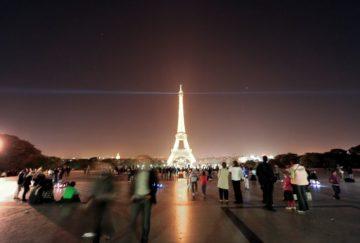 Elizabeth Shakman Hurd and Nadia Marzouki in Boston Review:
Elizabeth Shakman Hurd and Nadia Marzouki in Boston Review:
On October 2, 2020, French President Emmanuel Macron gave a speech warning of the rising threat of “Islamist separatism.” This radical political project, Macron contended, is testing the resilience of the secular French Republic and menacing “freedom of expression, freedom of conscience, and the right to blasphemy.” Two weeks later Samuel Paty, a French instructor who had shown the 2012 Charlie Hebdo cartoons depicting the Prophet Muhammad to his middle school students in a class on freedom of expression, was murdered by Abdullakh Anzorov, an eighteen-year-old Chechnyan Muslim refugee.
In the wake of Samuel Paty’s murder, the French government proposed a “draft law to strengthen republican values” aimed at reinforcing the principles of French laïcité. Laïcité, often translated as secularism, refers to the French Law of 1905 on the Separation of Churches and State which legally established state secularism. Article 1 ensured liberty of conscience and guaranteed the free exercise of religion, while Article 2 acknowledged that the Republic would not recognize, remunerate, or subsidize any religious denomination. These articles put an end to government funding of religious associations and the government’s ability to name French archbishops and bishops. At the same time, the law declared that all religious buildings were the property of the state and were to be made available to religious associations free of charge. A complex process of negotiation and partial reconciliation between the Catholic Church and the French state followed, continuing on throughout the twentieth century. Today many question the extent to which this historic legal settlement and cultural tradition is equipped to accommodate minority religions and meet the needs of an increasingly diverse society.
More here.
